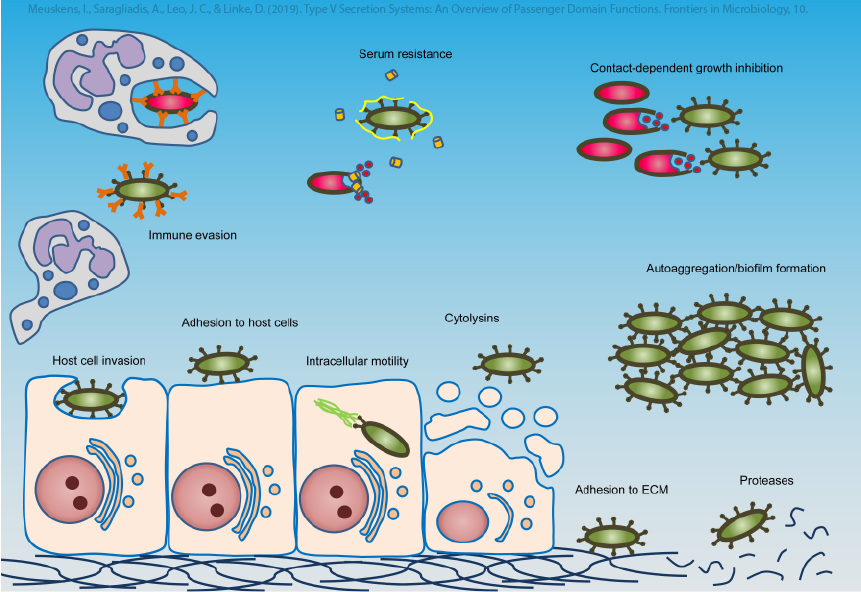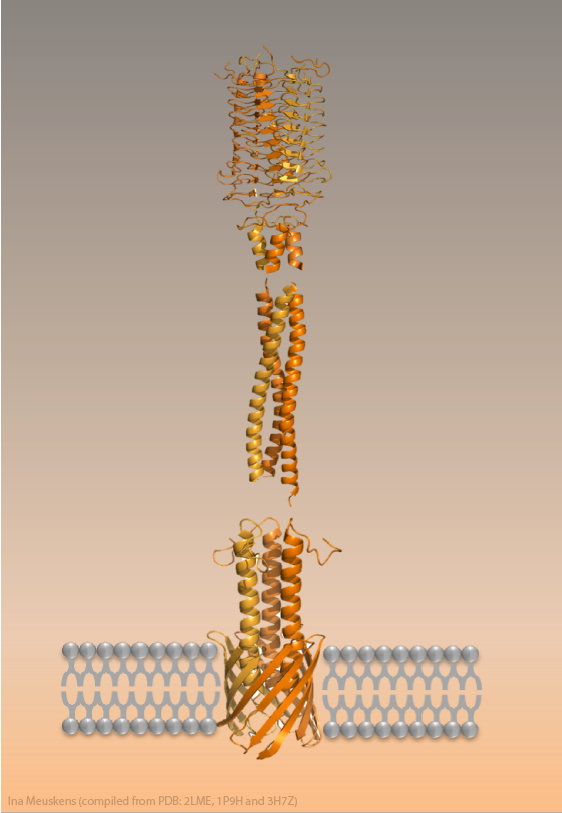Why focus on Adhesion?
Adhesion is at the heart of virulence: it plays the first and decisive role in the infection process of pathogens. Bacteria and viruses adhere to organic or inorganic surfaces, to each other, to host molecules or to host cells. Pathogens use adhesins to colonize tissues and cause infections, to bind host molecules for immune evasion, and in the case of bacteria, to bind to each other to create e.g. antibiotic-resistant biofilms on implanted devices.

What we offer?

Why now?
Infectious diseases, particularly drug resistant pathogens, have become a major problem worldwide – from drug resistant tuberculosis and gonorrhoea to the (re)emergence and spread of deadly viruses (avian flu, ebola, west nile virus). Every major health organisation from WHO onwards has identified infectious diseases and the decreasing efficacy of antibiotics in general as a major concern. Understanding the molecular basis of pathogen adhesion will lead to the development of novel anti-adhesion strategies and new diagnostic tools.
